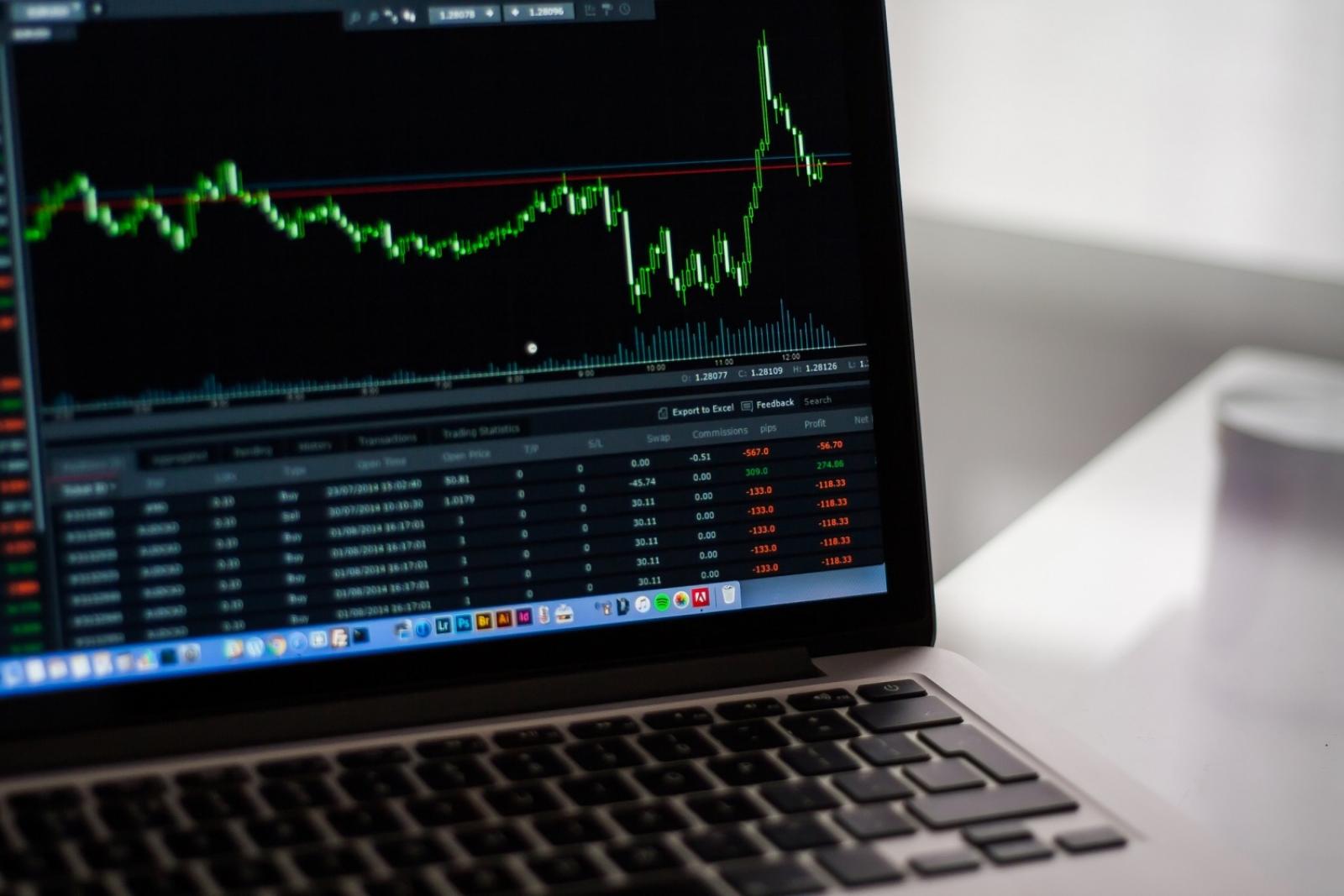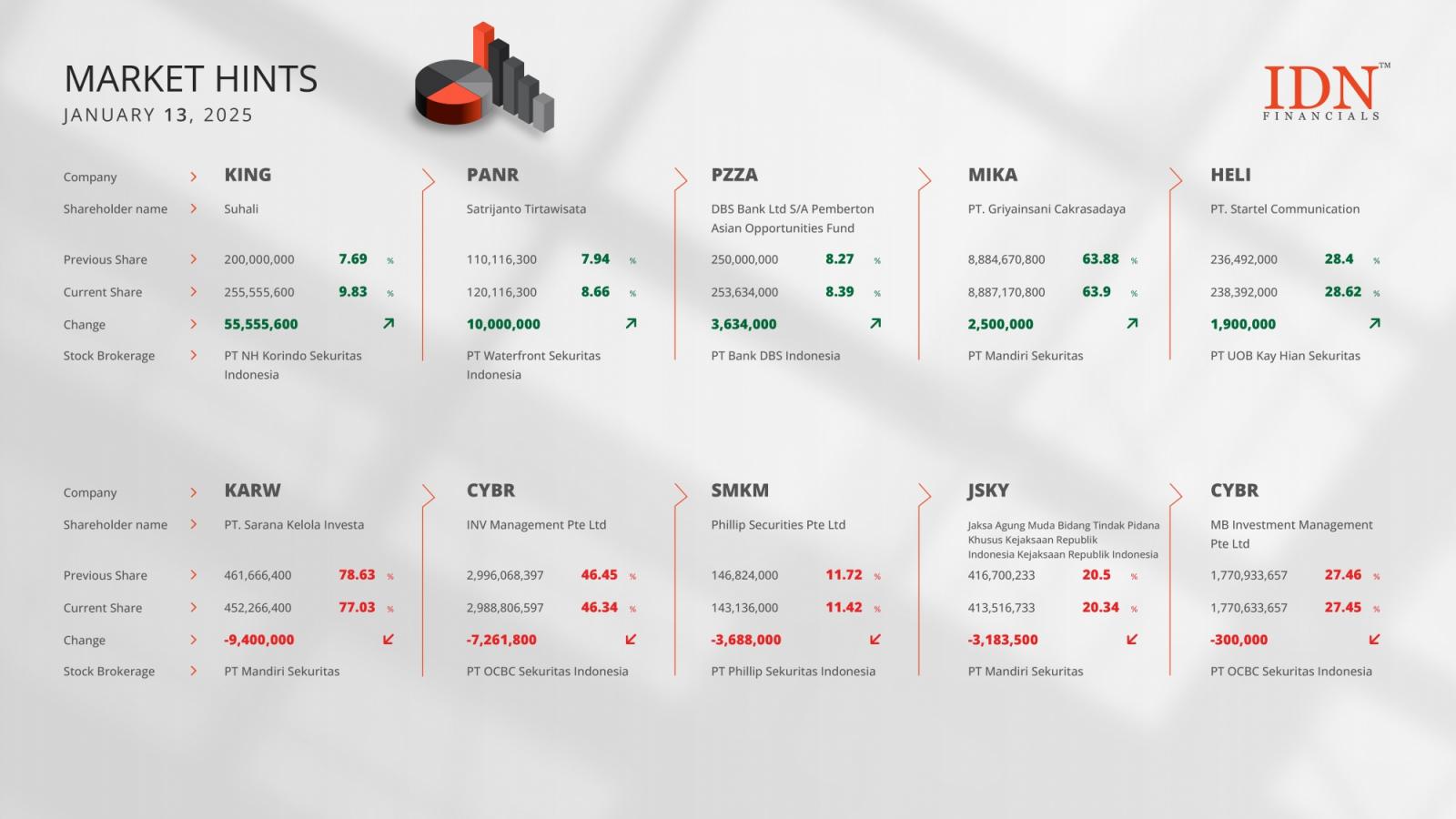The U.S. Department of Labor released new data today showing a 0.6% increase in the consumer price index (CPI) for August. This is the largest monthly rise in U.S. inflation so far this year. The report showed that prices have gone up by 3.7% compared to August of last year, slightly higher than what economic analysts had predicted.
The CPI is used to measure the average change over time in the cost of goods and services.
Economic analysts, who were polled by Dow Jones, had predicted the increases to be 0.6% and 3.6% respectively.
Energy Costs Contribute Significantly to US Inflation
When food and energy prices are set aside, the core CPI saw an uptick of 0.3% for the month and 4.3% year-over-year. This core index is given more attention by Federal Reserve officials because it offers a clearer picture of long-term inflation trends. During August, energy prices saw a rise of 5.6%, which included a substantial 10.6% jump in gasoline prices.
The report also revealed that airfares increased by 4.9%, although they are still 13.3% lower than they were a year ago. Prices of used vehicles, which played an important role in boosting the inflation rate in 2021 and 2022, dropped by 1.2% and are now 6.6% lower year-over-year. Transportation services experienced a 2% increase in August.
Housing’s Role in Inflation Rate
According to Lisa Sturtevant, the chief economist at Bright MLS, if housing costs were excluded from the CPI, the annual inflation rate would only be around 1%.
“Housing continues to contribute an outsized share to the inflation measures,” Sturtevant said to CNBC. “Rent growth has slowed considerably and median rents nationally fell year-over-year in August. … However, it takes months for those aggregate rent trends to show up in the CPI measures, which the Fed must take into account when it takes its ‘data driven’ approach to deciding on interest rate policy at their meeting … later this month.”
After the release of the inflation report, stock market futures initially dipped but later recovered. Treasury yields also saw an upward movement. Meanwhile, the rise in US inflation affected workers’ earnings. Real average hourly earnings dropped by 0.5% in August, even though they are still 0.5% higher than last year.
Federal Reserve’s Approach to Tackling Inflation
Recent remarks suggest that Federal Reserve officials are in the process of developing a long-term strategy to address the issue of inflation. Since March 2022, the central bank has increased its benchmark borrowing rate by 5.25 percentage points to control inflation, which reached a peak not seen in over four decades last summer.
Recent statements from officials suggest a more balanced view on the risks and a greater caution concerning future rate increases.
“Overall, there is nothing here to change the Fed’s plans to hold interest rates unchanged at next week’s [Federal Open Market Committee] meeting,” wrote Andrew Hunter, deputy chief U.S. economist at Capital Economics.
Market predictions for future Federal Reserve actions are fluctuating, with traders estimating about a 40% chance for another rate hike in November, based on data from CME Group.
The latest data provides a comprehensive snapshot of where the economy stands with regard to inflation. While market reactions have been mixed, the figures underline significant shifts in various sectors, from energy to housing.
Federal Reserve officials and market analysts will undoubtedly keep a close eye on these developments as they consider future policy actions. The fluctuations in sectors like housing and transportation services bring additional layers to the inflation discussion, making the coming months crucial for understanding long-term economic trends.






